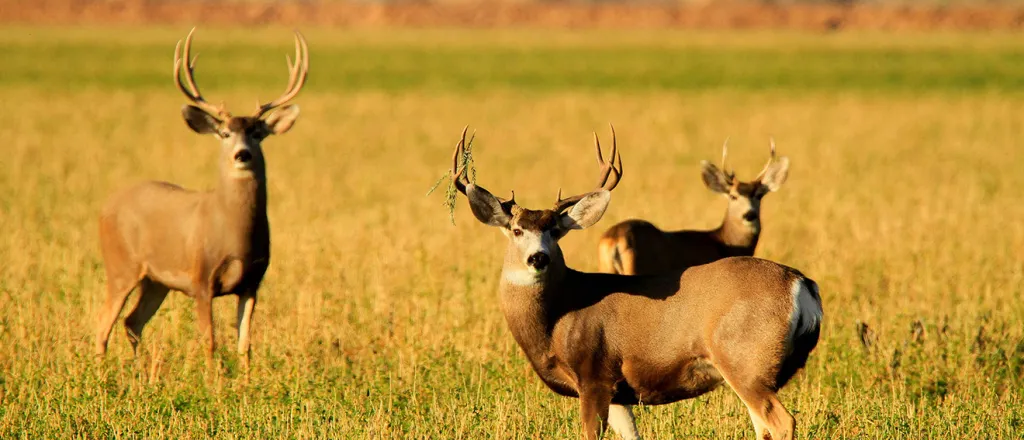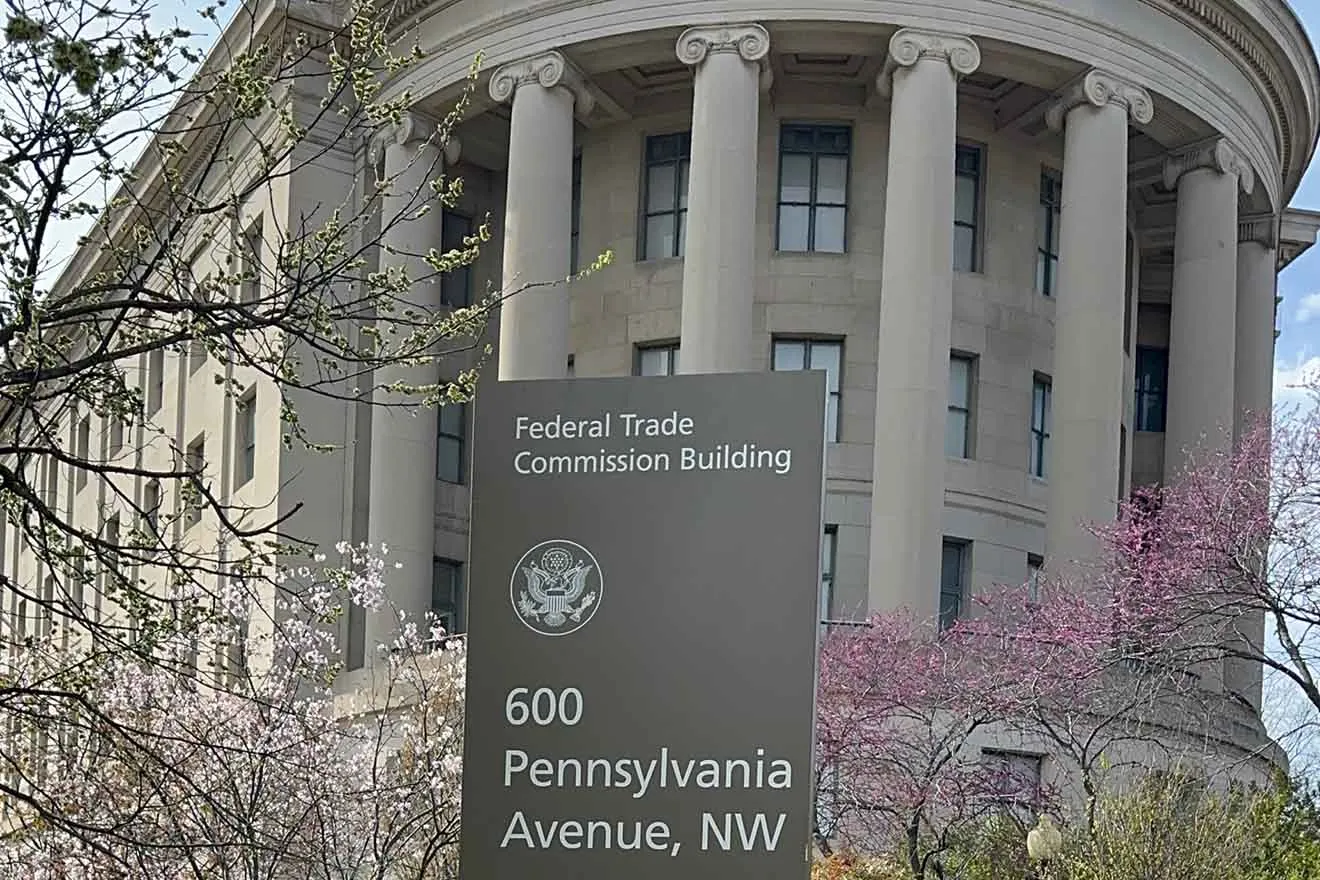
Republicans continue push to end 'out of control' fees, set sights on game fees
Colorado Republicans have set their sights on addressing the state’s many fees, which they say are costing taxpayers upwards of $5,000 a year each.
As part of their ‘Fee a Day’ campaign, the latest fee state House Republicans highlighted was legislation passed by Democrats which raised big game license fees and park passes by over 50 percent.
“These fees are unacceptable,” said state Representative Rose Pugliese, R-El Paso and House Minority Leader. “Colorado families deserve access to our state's incredible wonders without being burdened by excessive costs. We must do better.”

Colorado Parks and Wildlife
The 2019 bill hoped to increase revenue for Colorado’s Parks and Wildlife agency by raising the amount of residential and nonresidential license fees, stamp fees, and surcharges for certain hunting and fishing activities. Since its passage, hunting and fishing fees have been adjusted according to a "consumer price index."
Yet, the agency continues to struggle with maintaining “financial sustainability,” even after those fee increases.
“CPW has been exploring ways to achieve and maintain financial sustainability by expanding the agency’s relevance to a broader audience and identifying new sources of revenue,” the agency reported in its 2022-2023 Strategic Plan Progress Report.
One of those new sources of revenue was launching the Keep Colorado Wild Pass in 2023, through which the agency raised $22 million.
Still, Republicans say that raising fees was not the financial solution.
“Colorado outdoor enthusiasts are paying the price with a 52.28 percent INCREASE in big game license fees and park passes under SB18-143,” the Colorado House Republicans posted earlier this week. “Higher fees mean fewer families can afford to enjoy our great outdoors.”
Currently, one of the programs Parks and Wildlife is implementing is its reintroduction of gray wolves into Colorado.
As of November 2024, the program had cost $4.8 million since voters approved it in 2020, with a further $2.1 million allocated for the remainder of fiscal year 2025.
















